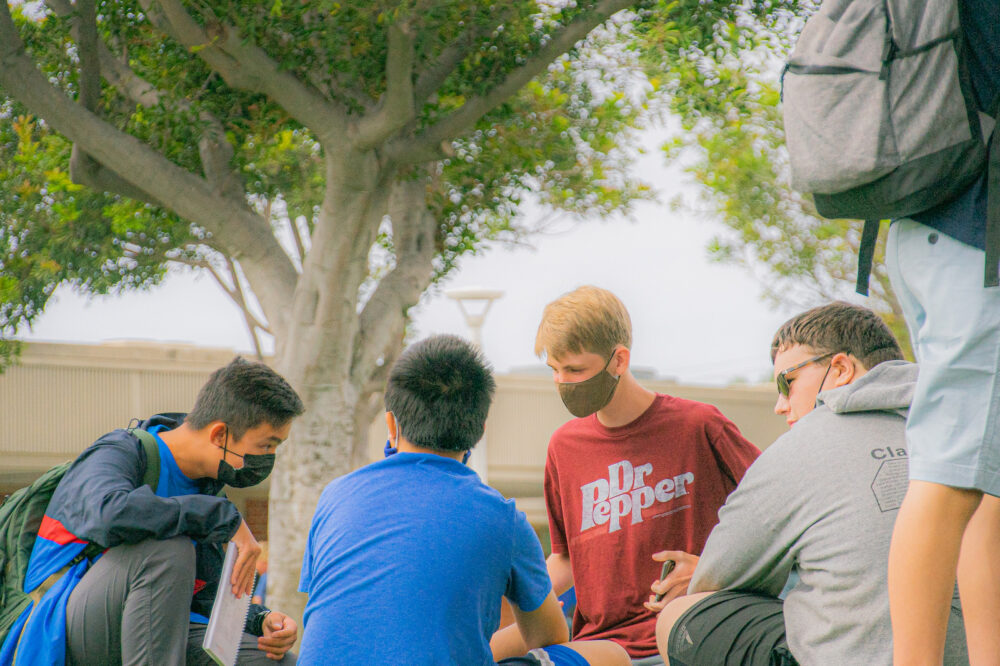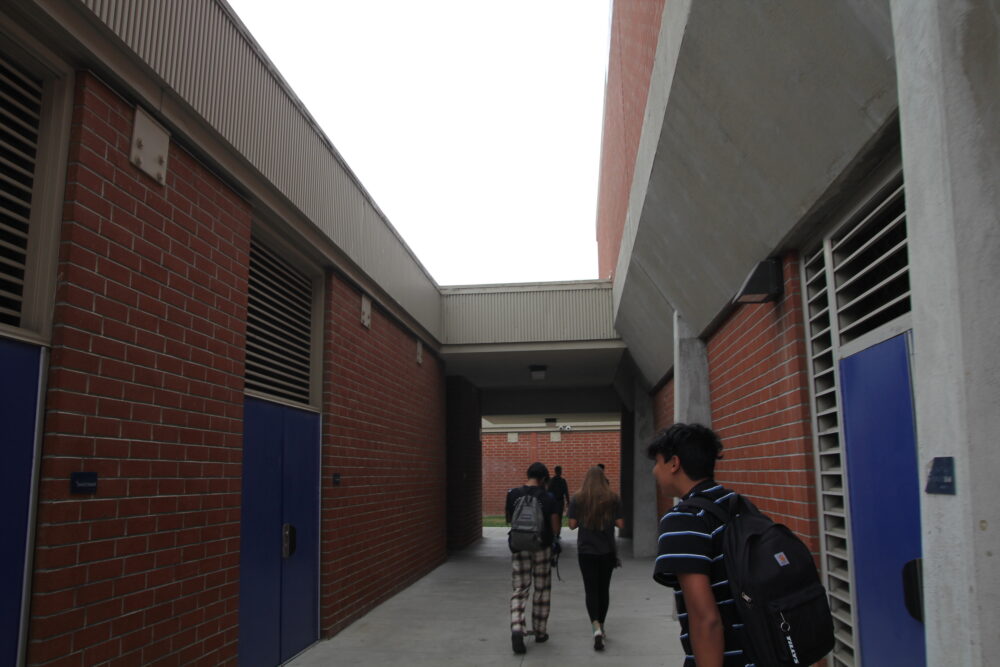
By Alexander Tran
Students nationwide have experienced the difficult shift to remote learning and have now begun the transition back to in-person instruction. It’s evident that learning during quarantine challenged students, but with COVID-19 protocols, socializing has also changed.
School plays a fundamental role in the development of the brain for all children. It provides structure and routine as well as a sense of normality in the lives of students. Knowing what time to wake up and leaving school at the same time every day allows students to actively focus more energy into their assignments. But when schools shut down a year and a half ago, this entire structure crumbled.
“At that time…for me and probably a lot of other students, [there] was a much wanted relief from all the stress,” senior Sean Zukle said.
But for a majority of students, school is not just academics. Many students participate in extracurricular activities such as sports or clubs.
“[Sports] are a huge part of…social interaction with other students,” senior Bryce Leach said.

At first, many students were delighted to hear that they would have time off from school, but months of being at home changed how students experience interaction.
“I felt like I lost a part of myself…It was like I was learning how to socialize again,” junior Vincent Hernandez said.
In one of the largest nationwide school studies by Challenge Success, with over 250,000 middle and high schoolers, 56% of students reported an increase in stress during the pandemic. In a 20-student survey conducted by Baron Banner, 16 students reported a struggle staying socially active during quarantine.
“I think a big part of the rise in stress is due to the lack of social interactions during the pandemic…We suddenly went from talking to 50 plus people a day to only talking to one or two friends,” sophomore Peter Thinh said.
However, by staying physically and socially active, some students were able to remain involved during the pandemic.
“It really helped having practice every day…and hanging out with my friends safely during the pandemic,” senior Daniel Treigherman said.
Studies back Treigherman’s experience as well, noting positive effects on mental health.
“[Sports] can help alleviate symptoms [of] and deal with depression,” said Jack Raglin, a professor in the department of kinesiology in the School of Public Health at Indiana University, Bloomington.





